
One thing that bothers me about modern game design is the very small pool of inspiration creators choose to draw from. You can build skyscrapers with the number of space marine shooters and Tolkien-inspired RPGs found within your local videogame store.
So it brings me some level of joy to hear the Japanese arm of Ignition Entertainment using Judaic mythology as their primary source of inspiration. If only because there is a chance it will show me something I’ve never seen before.
El Shaddai: Ascension of the Metatron is a reimagining of the events described within The Book of Enoch, one of The Lost Sea Scrolls. The set up is as follows: a group of angels called the watchers have fallen from heaven and now reside on earth where they are worshiped as gods. In their spare time, these angels have been “mingling” with us regular folk, and born of this union are the Nephilim.
Now, the Nephilim’s existence angers God somewhat, seeing as he forbid the angels from “mingling” with humans in the first place. So appalled by the Nephilim’s corruption of earth, that he and his heavenly fellows consider sending a great flood to destroy everything and start again from scratch. But instead, they calm down a bit, have a cup of tea, and come up with a less genocidal plan.
You play as Enoch, who was once a humble heavenly scribe who has now been sent on a holy quest. He must scale the Tower of Babel, each floor containing an alternate version of heaven, and capture the fallen angels along the way. Once the angels return to heaven, their troublesome children will cease to exist and the world will be at peace. Sounds like it could be great, right? Well, yes and no. It certainly does some great things, but it also does a lot that isn’t. Let’s start with the positives.
I think the strongest virtue of this game is its presentation. Which is unsurprising when you consider the game’s lead, Takeyasu Sawaki, was the art director for the beautiful Okami.
Everything is designed with composition rather than detail in mind, and each environment you explore has a different style and tone. One area you explore uses a lot of bright primary colours, and the environment is constructed from simple geometric shapes. While another uses a more angular design, soaked in inky black along with shades of orange and red. Both these worlds contain the same obstacles and the same enemies. But the shift in colour palette and geometry allows one area to feel like navigating the imagination of a young child, and the other feel alien, disturbing and hostile. It really does feel like stepping into a painting.

The soundtrack is equally impressive, which was composed by Kouda Masato and Hasegawa Kento. The score shifts and changes to match the change in environment, ranging from sweeping orchestral pieces, to synth electronica and even rock music. The main themes that keep reappearing lean more towards choral and orchestral work that suits the story’s religious origins.
And now we come to the gameplay, an area I have very mixed feelings about. I’m tempted to compare El Shaddai with the first Assassin’s Creed. The core mechanics and controls are, for the most part, sound. I like the feel of the combat, stunning your enemies to steal their weapons and breaking out simple but effective combos. Enoch moves balletically around the arena, tossing the enemies into the air in much the same way Dante does in Devil May Cry. It’s not best in class, but it’s pretty damn good. The platforming might be a little annoying in some sections, but overall it’s fun.

The problem is, just like Assassin’s Creed, there is no variety. You fight the same enemies, and traverse the same platforms from beginning to end. With a couple of exceptions, even the boss battles repeat during the length of the campaign. Great looks and sound can only go so far to keep the player interested before going through the exact same motions over and over and over gets really tiresome.
I would say play it for the story, but honestly, if I hadn’t done my research before playing this game, I don’t think I would have understood anything that went on.
You know all that story set-up I did at the beginning of this review? Remember how exciting and interesting that sounded? Well, I feel the game does a poor job of conveying all that information to the player. Events occur, and names are dropped as if the game expects you to know exactly what’s going on without any exposition. I like movies and games that make me think and require me to fill in the gaps, but El Shaddai takes it to an extreme I can’t get behind.

With all that said, I still believe El Shaddai is worth experiencing, simply because what it does do well, it does better than most. There are very few games that look this beautiful and this unique. It’s just a shame that a game that clearly had a lot of imagination and creativity lacks both those things in the areas that matter most.
El Shaddai: Ascension of the Metatron is now available for Windows PC via Steam, courtesy of crim Co., Ltd.
You can hear our two hour audio review of the game here on our website, or here on Spotify.



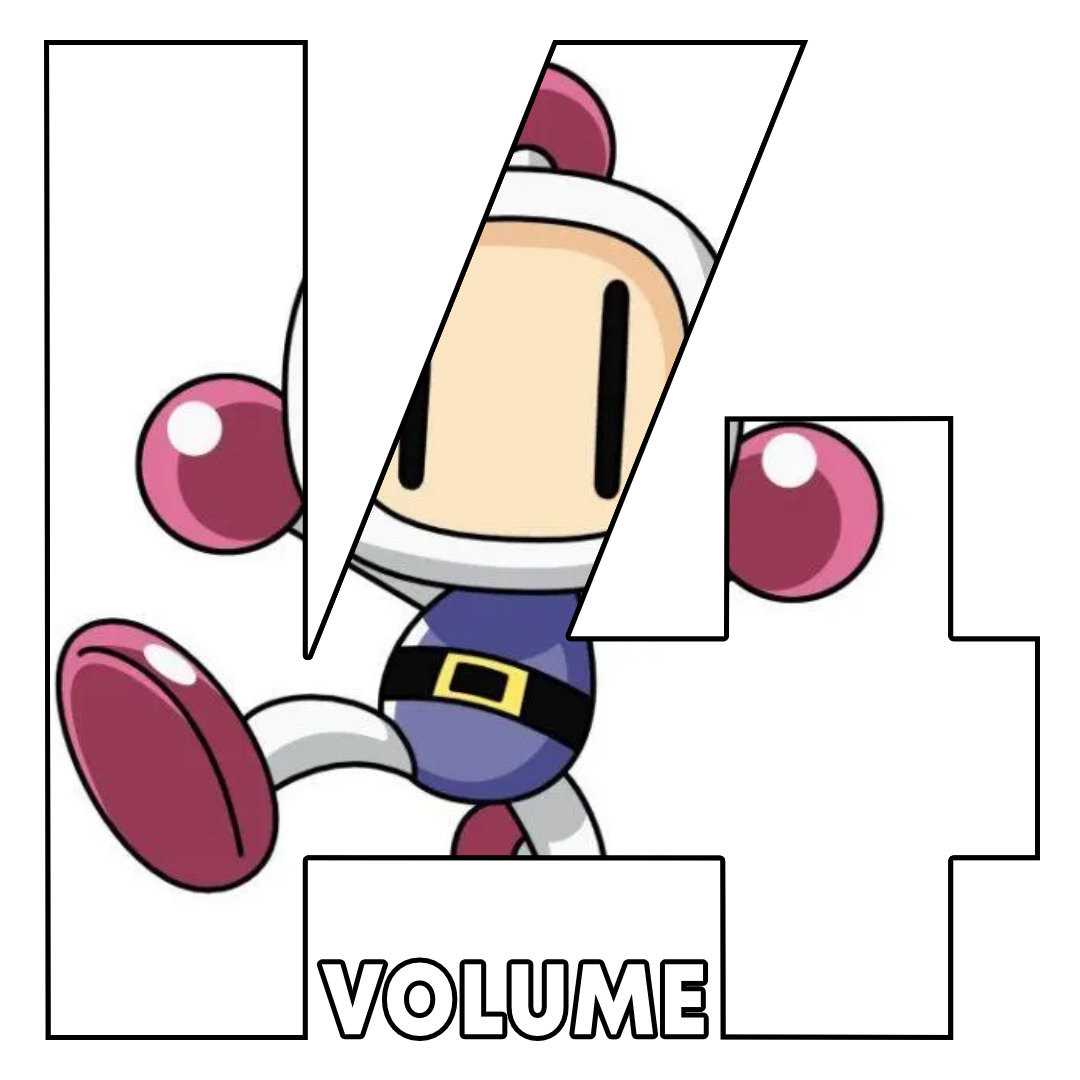
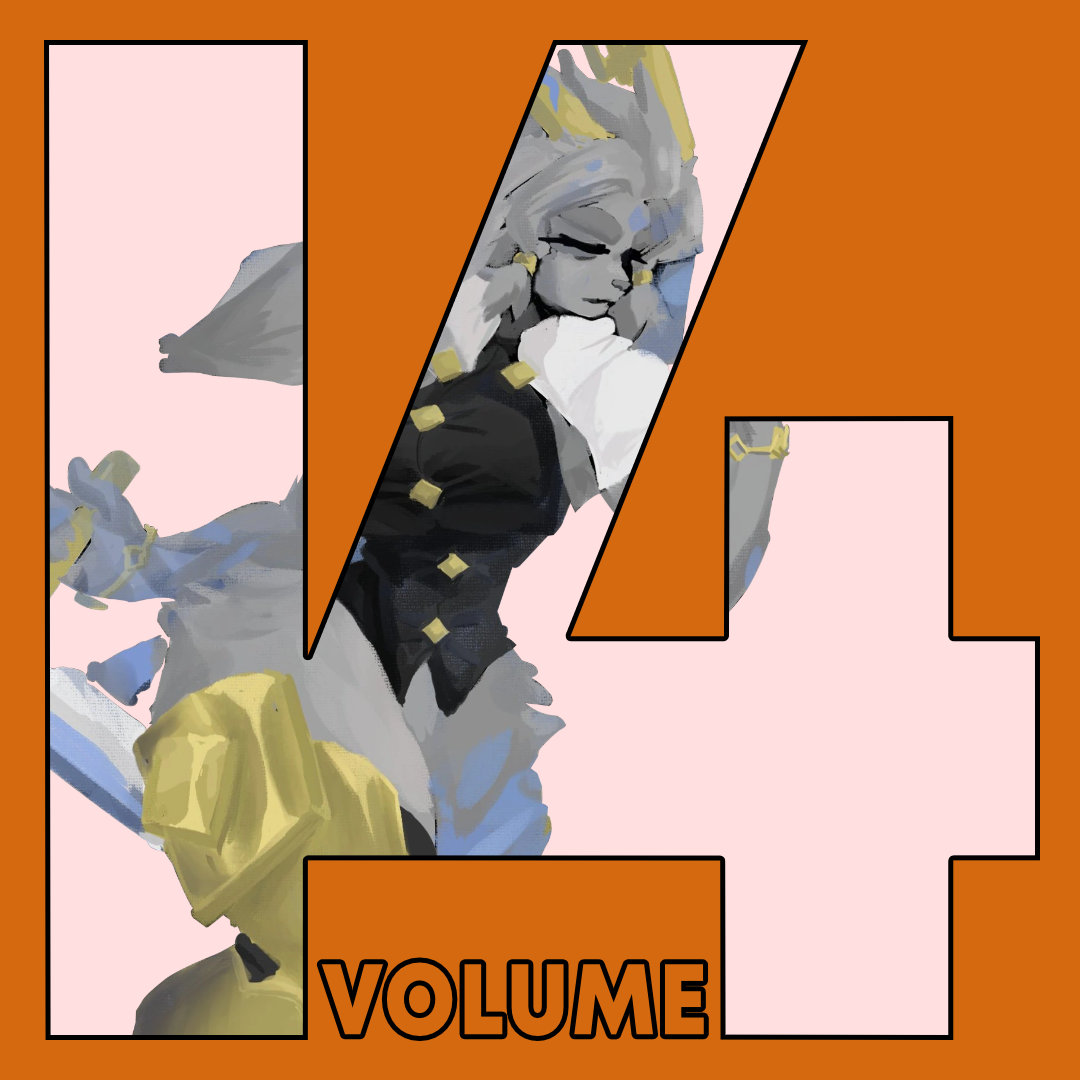
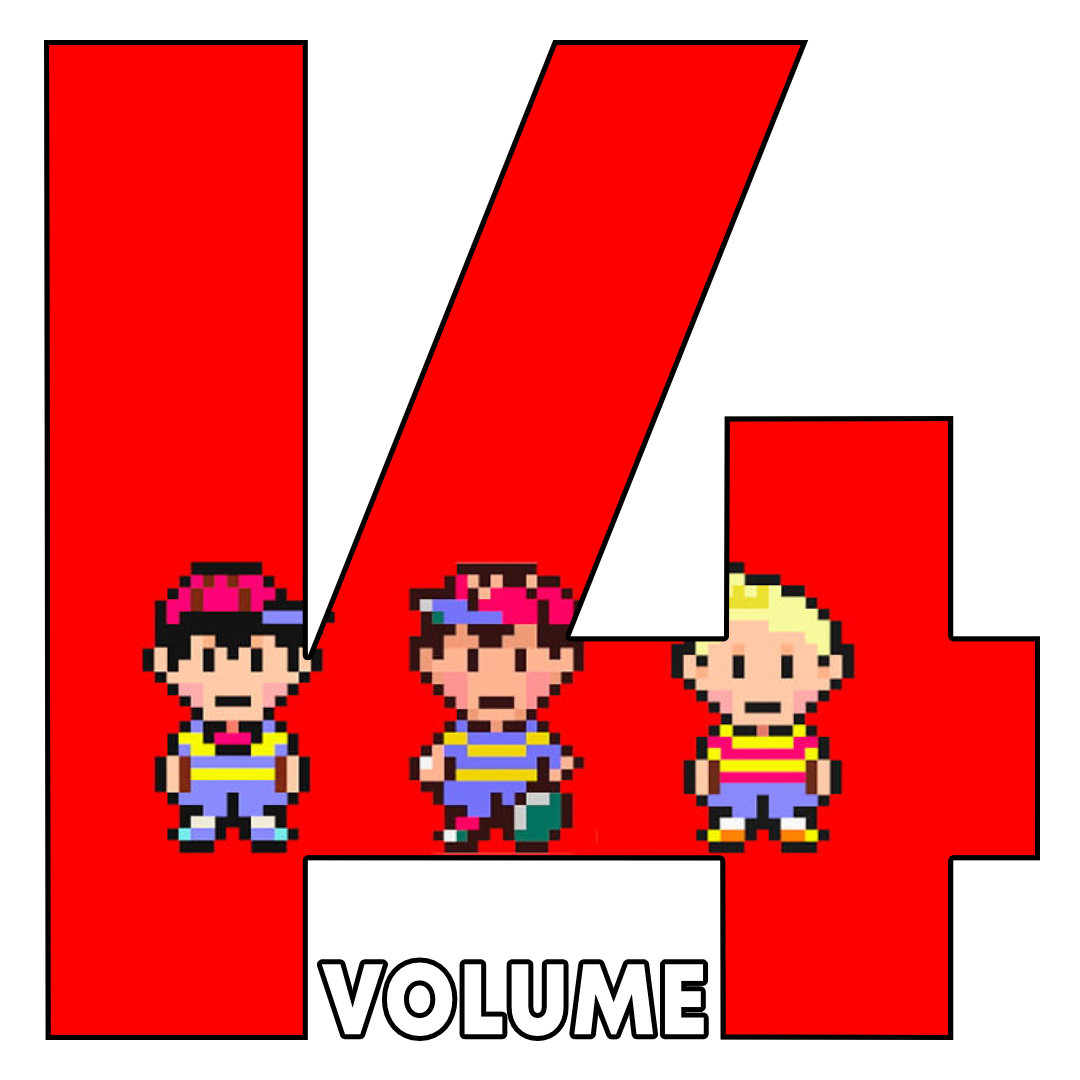
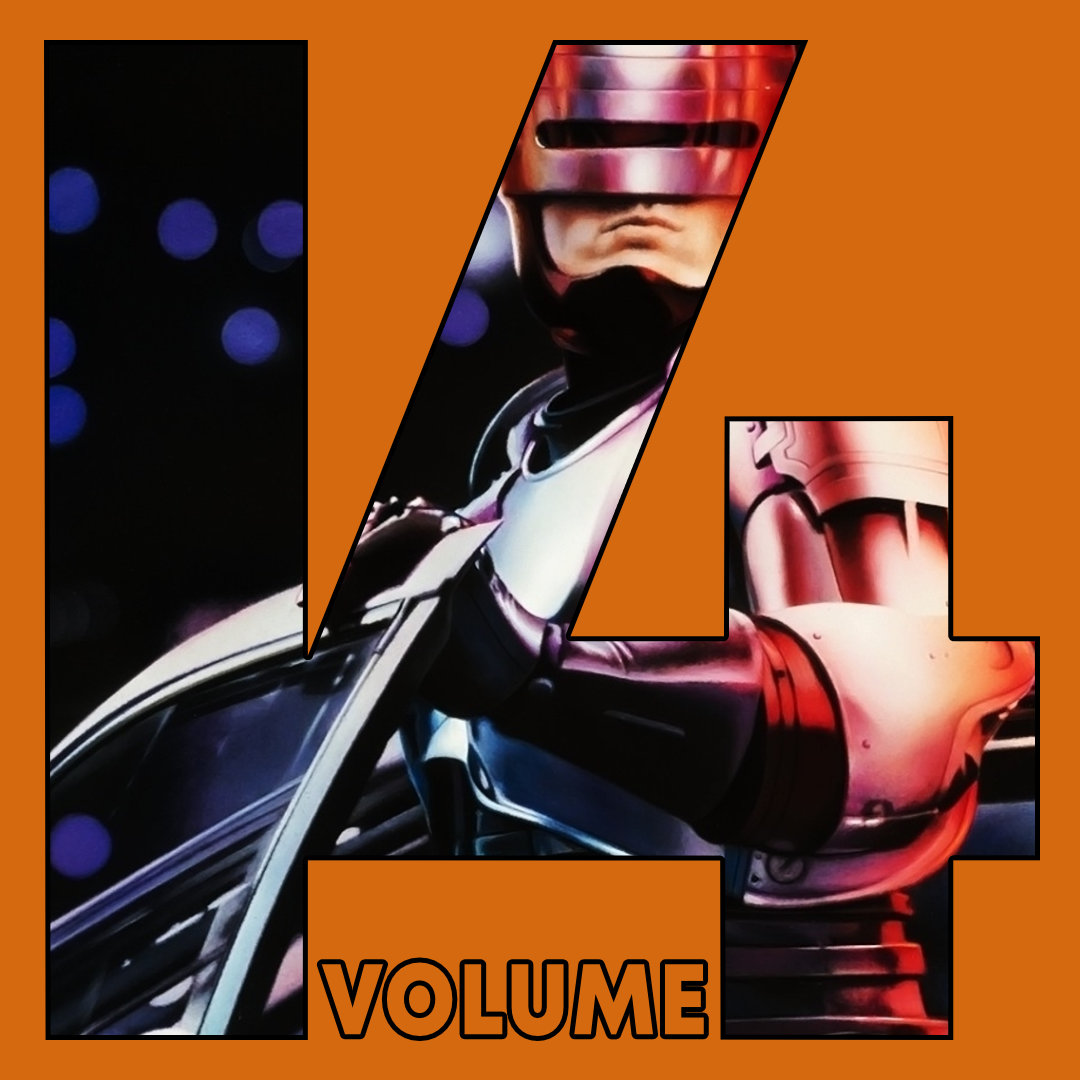
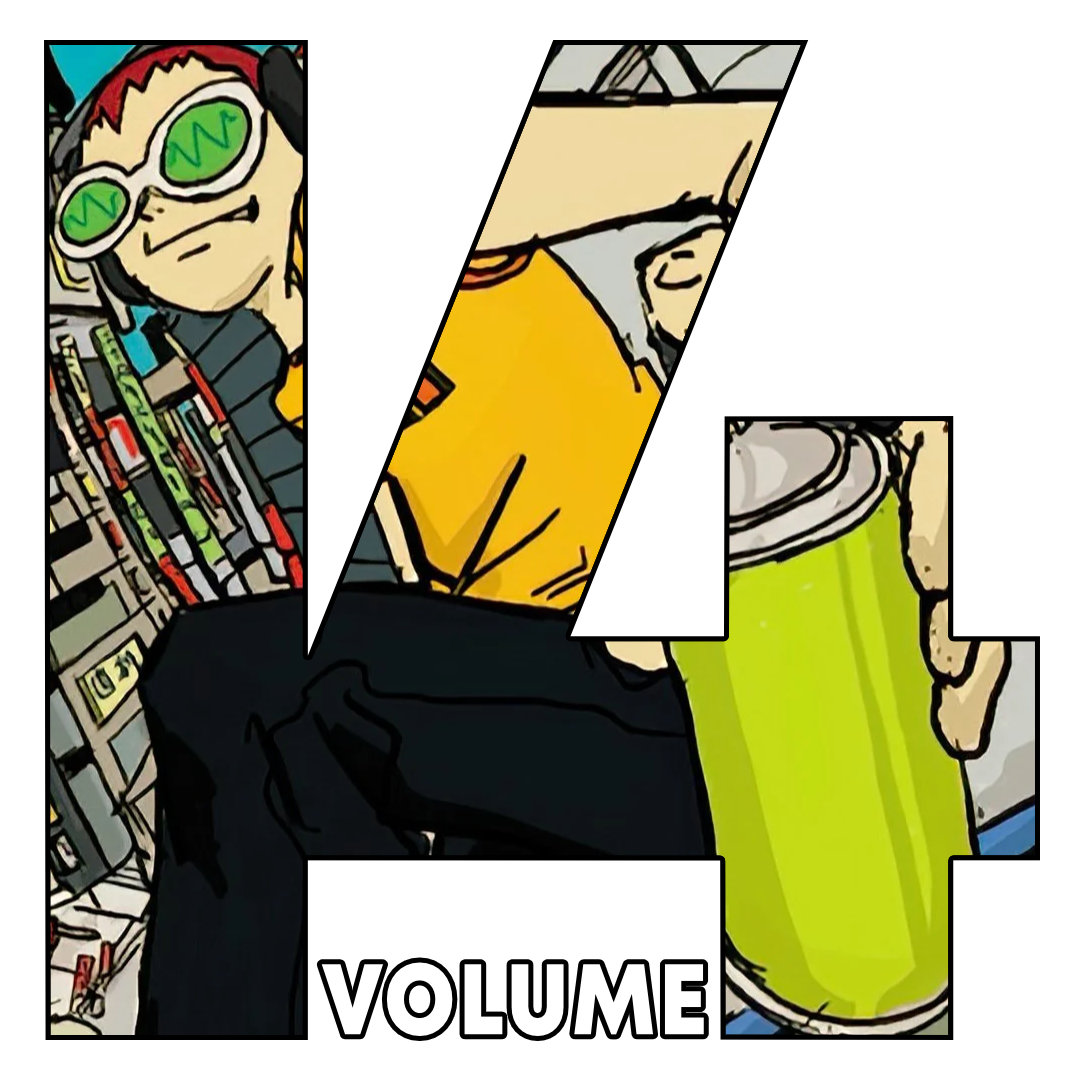
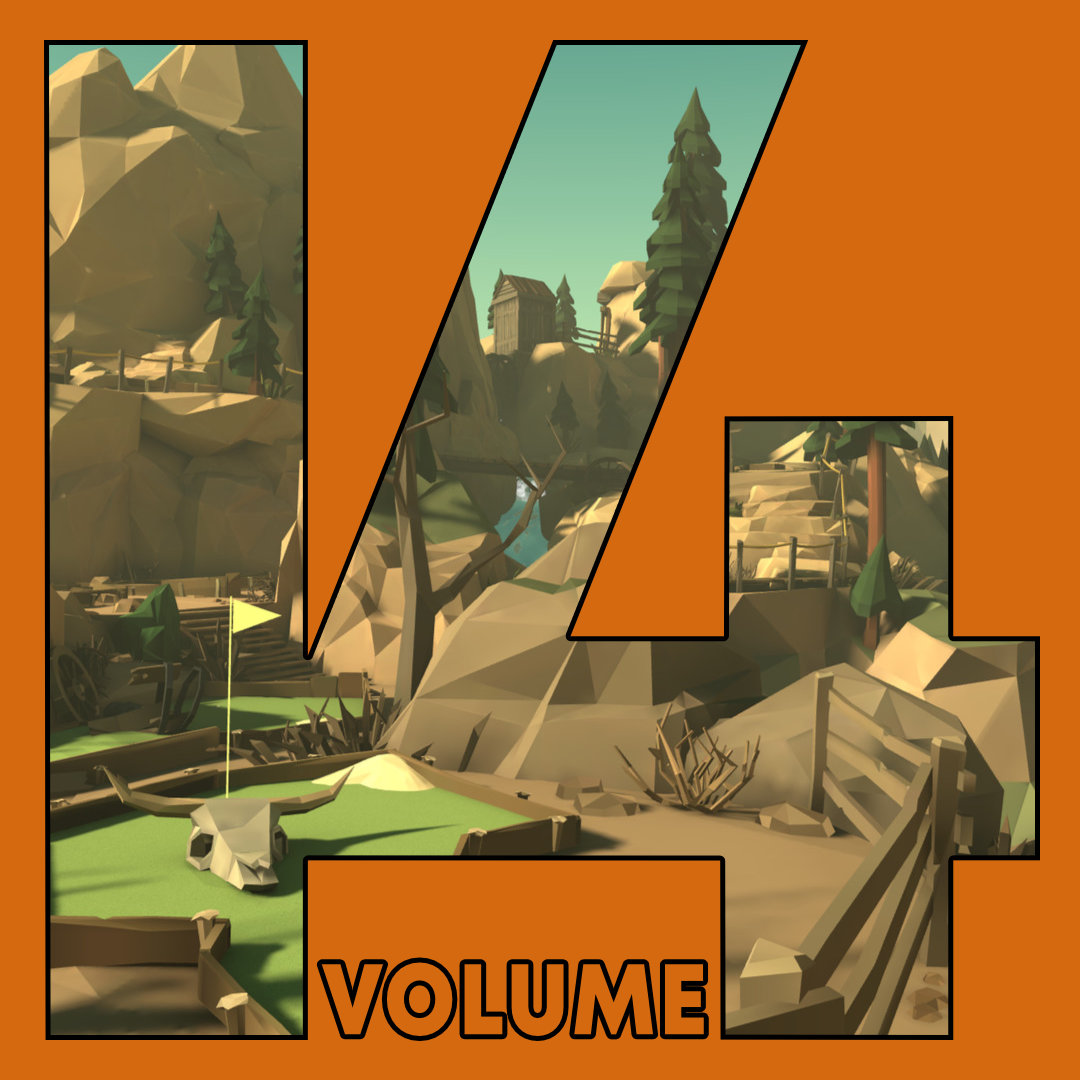


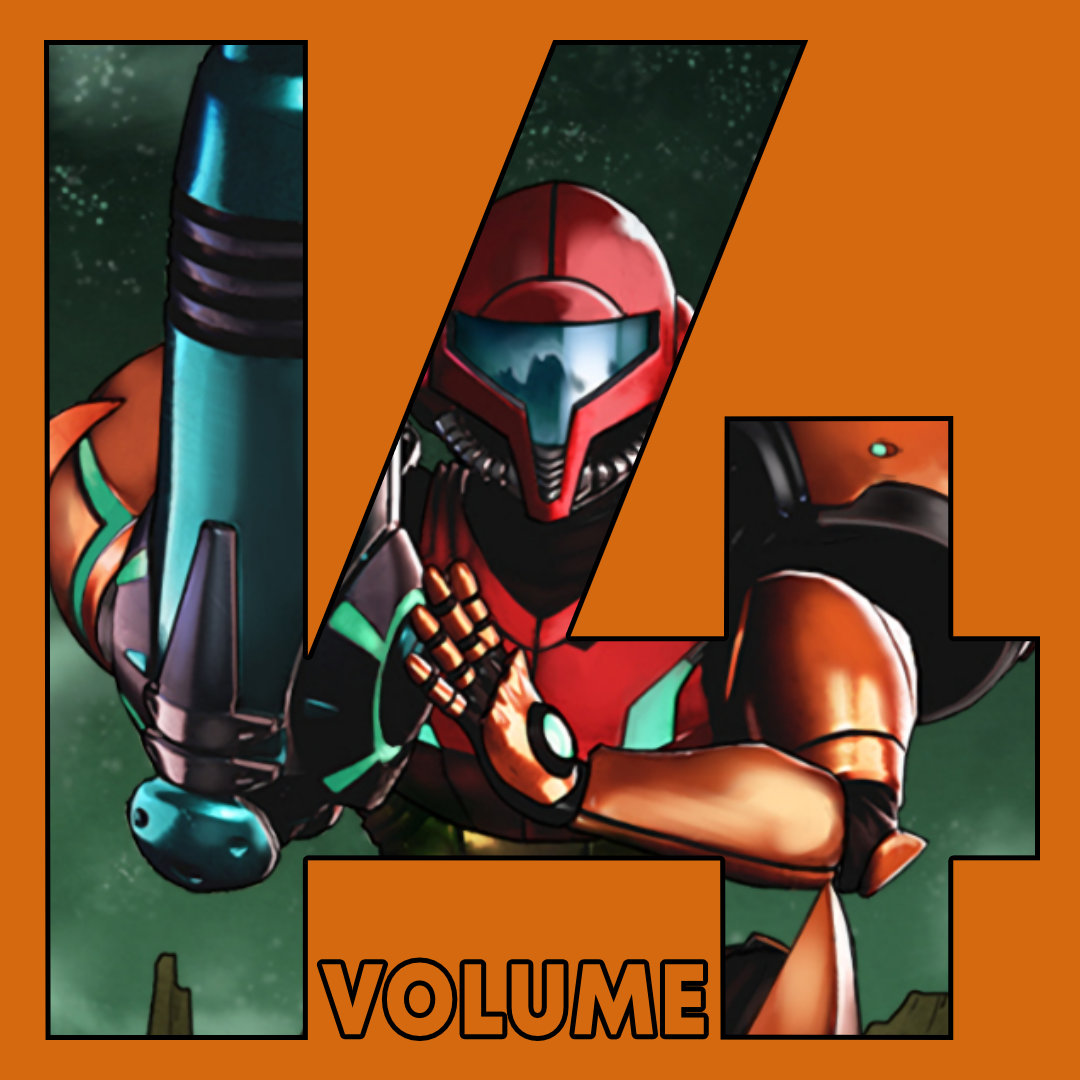
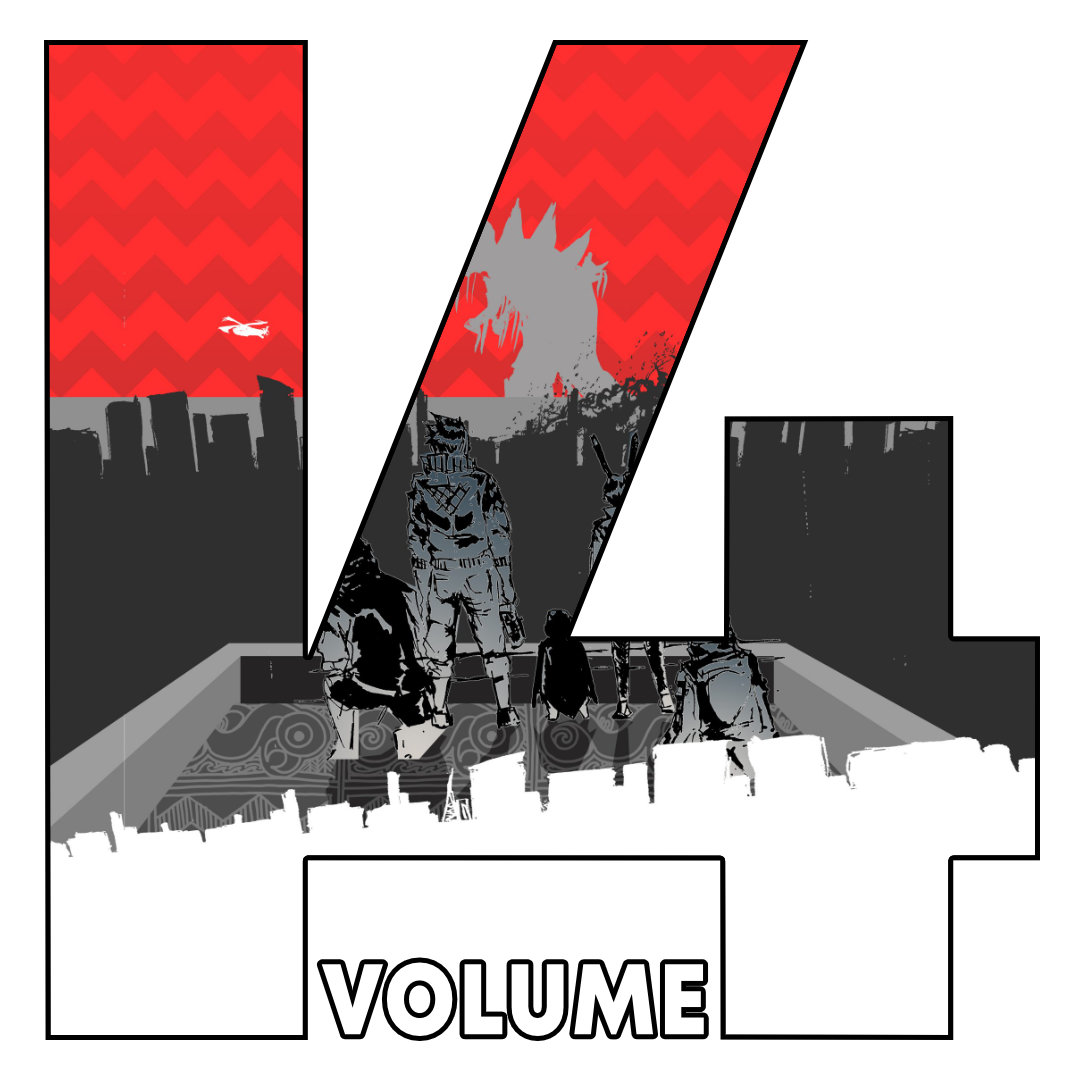
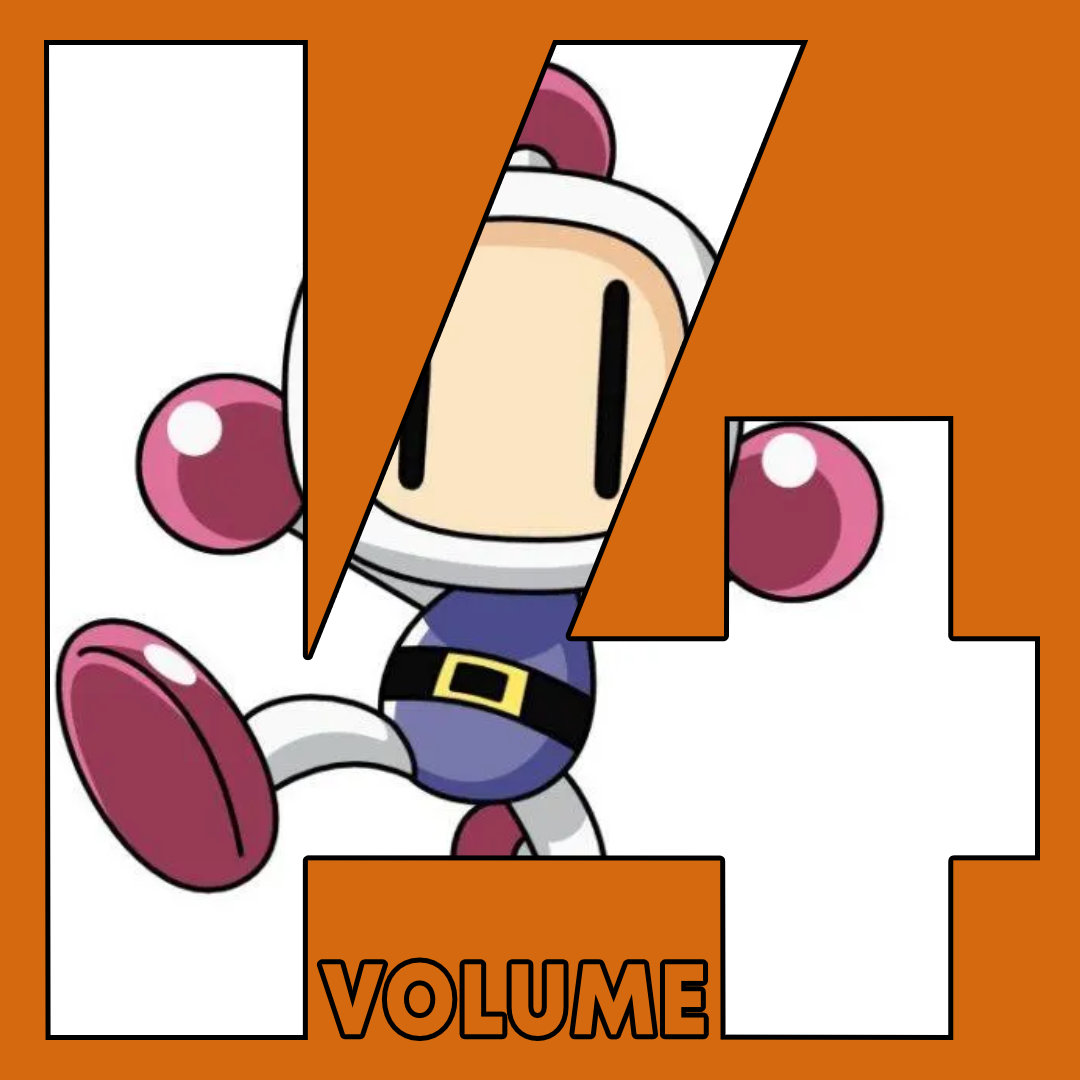
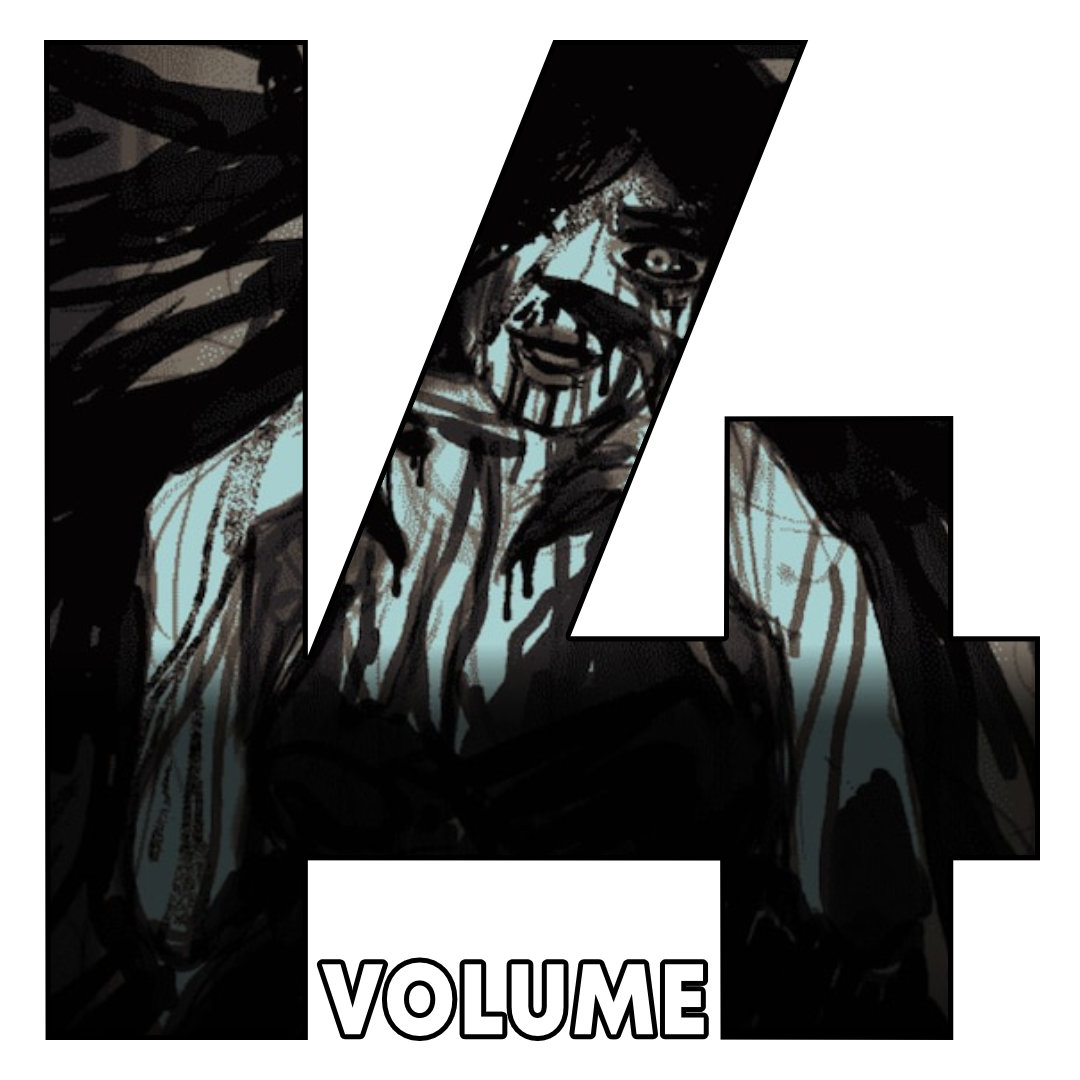
Great job man, you managed to articulate the unique experience of this game well. Have to say you captured how I felt about most of the game also.